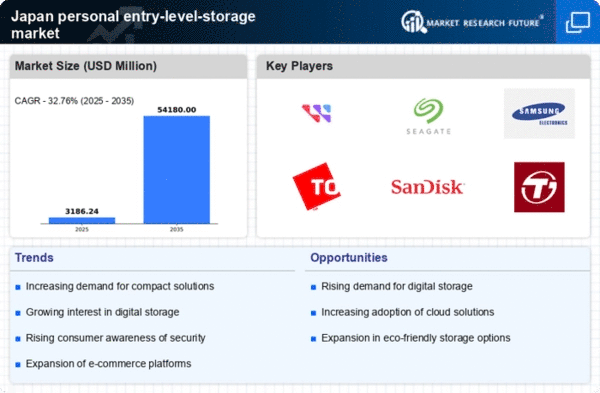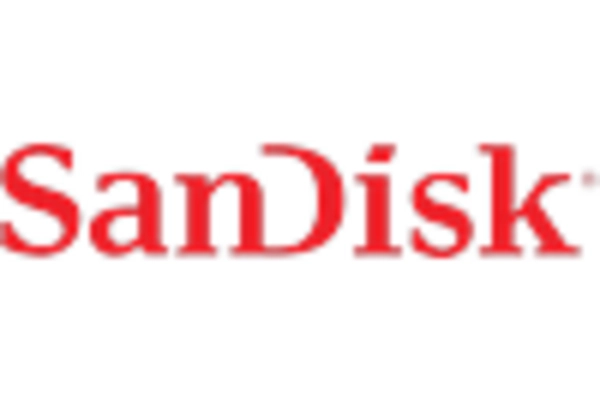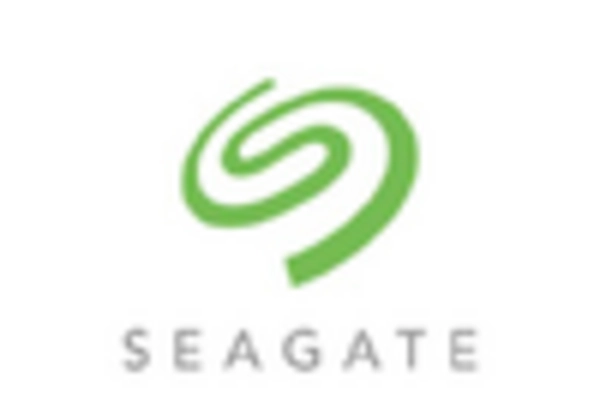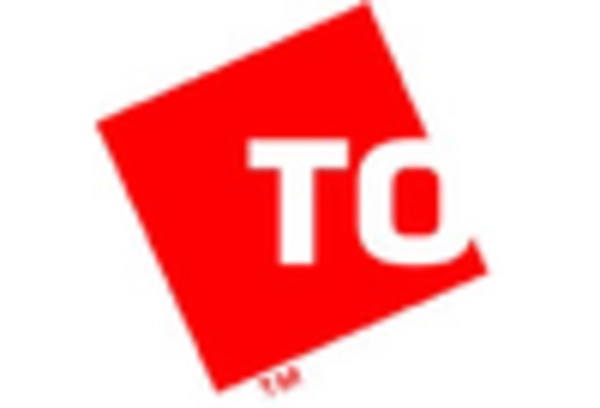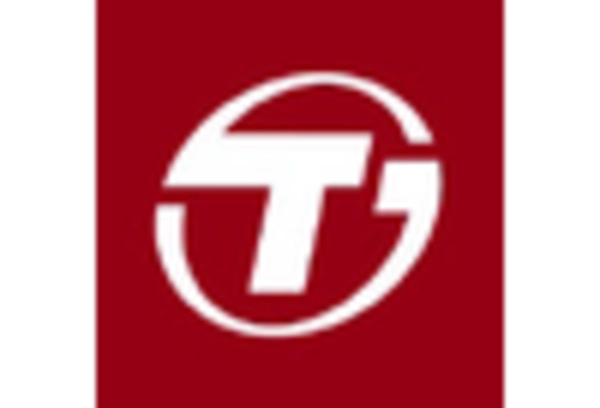Economic Factors
Economic factors are a pivotal driver of the personal entry-level-storage market in Japan. The current economic climate, characterized by moderate growth and stable employment rates, has led to increased disposable income among consumers. This financial stability enables individuals to invest in personal storage solutions that enhance their living spaces. Additionally, the affordability of entry-level storage products makes them accessible to a wider demographic, including young professionals and families. Recent economic reports indicate that consumer spending in Japan has risen by approximately 4% in the last year, positively influencing the personal entry-level-storage market. As economic conditions remain favorable, it is likely that the demand for personal storage solutions will continue to grow, reflecting the changing spending habits of consumers who prioritize home organization and efficiency.
Increasing Urbanization
The rapid urbanization in Japan is driving the personal entry-level-storage market. As more individuals move to urban areas, the demand for compact living spaces rises. This trend necessitates efficient storage solutions that can fit into smaller apartments and homes. According to recent data, urban areas in Japan have seen a population increase of approximately 5% over the last decade, leading to a greater need for personal storage options. the personal entry-level-storage market is likely to benefit from this demographic shift. Consumers seek affordable and space-saving storage solutions.. Furthermore, the trend of minimalism is gaining traction, encouraging individuals to declutter their living spaces, which in turn fuels the demand for personal storage products. This urbanization trend appears to be a significant driver for the market, as it aligns with the evolving lifestyle preferences of city dwellers.
Rising Consumer Awareness
Rising consumer awareness regarding organization and space management is significantly impacting the personal entry-level-storage market. As individuals become more conscious of the benefits of organized living spaces, they are more inclined to invest in storage solutions that enhance their home environment. Educational campaigns and social media influence have contributed to this heightened awareness, leading to a shift in consumer behavior. In Japan, surveys indicate that approximately 60% of consumers prioritize organization in their homes, which directly correlates with increased sales in the personal entry-level-storage market. This trend suggests that as consumers recognize the value of effective storage solutions, the demand for such products will continue to rise, further propelling market growth. The personal entry-level-storage market is thus positioned to capitalize on this growing consumer interest in organization and efficiency.
Technological Advancements
Technological advancements are playing a crucial role in shaping the personal entry-level-storage market. Innovations in materials and design are leading to the development of more efficient and user-friendly storage solutions. For instance, the introduction of modular storage systems allows consumers to customize their storage according to their specific needs. Additionally, advancements in manufacturing processes have reduced production costs, making these products more accessible to a broader audience. In Japan, the market for personal storage solutions is projected to grow by approximately 7% annually, driven by these technological improvements. Consumers are increasingly looking for products that not only serve a functional purpose but also incorporate modern design elements. This trend indicates that the personal entry-level-storage market is evolving, with technology serving as a key enabler for innovation and growth.
Cultural Shifts Towards Minimalism
Cultural shifts towards minimalism are significantly influencing the personal entry-level-storage market. In Japan, there is a growing trend among consumers to embrace a simpler lifestyle, characterized by reduced clutter and a focus on essential items. This cultural movement encourages individuals to seek storage solutions that facilitate a minimalist approach to living. As a result, the personal entry-level-storage market is seeing an increase in demand for products that promote organization and simplicity.. Recent studies suggest that approximately 50% of Japanese consumers are adopting minimalist principles in their homes, which directly impacts their purchasing decisions regarding storage solutions. This cultural shift indicates a potential for sustained growth in the personal entry-level-storage market, as more individuals prioritize functionality and aesthetics in their living spaces.


